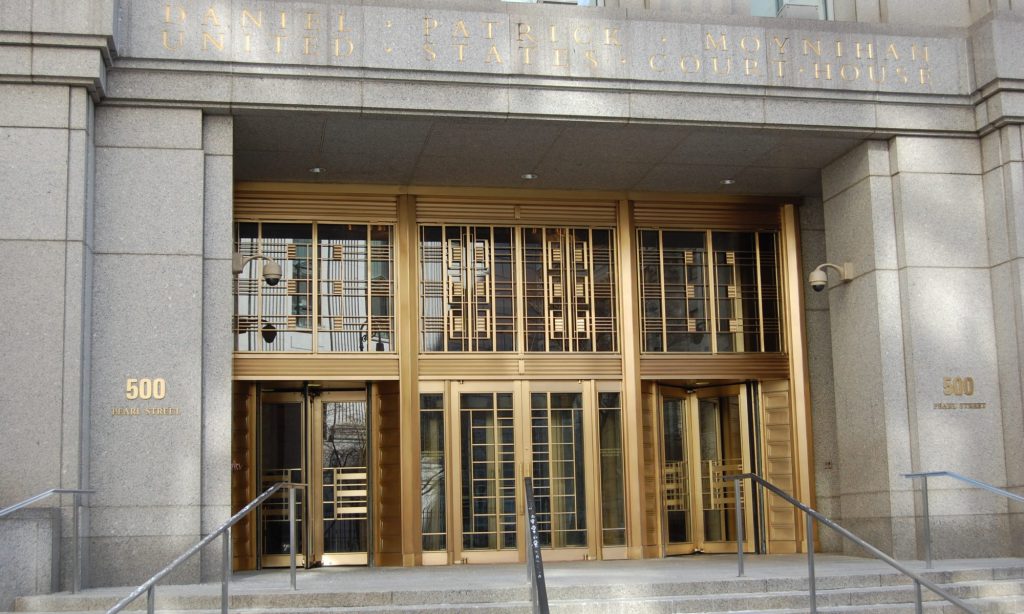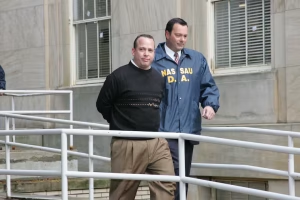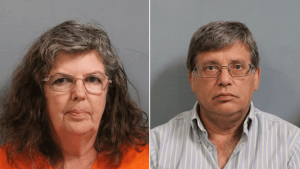Norman Gray, Biomedical CEO, Sentenced to 10 Years for Defrauding Investors of $13 Million.
In a shocking case of corporate fraud, Norman Gray, the founder and CEO of a biomedical company (the “Biomedical Company”, has been sentenced to 10 years in prison for defrauding investors out of more than $13 million.
This sentence was handed down by U.S. District Judge Paul A. Engelmayer following Gray's conviction on charges of wire fraud. The scheme involved a web of lies, fabricated documents, and fictitious ventures that led to substantial financial losses for his victims.
A Web of Deception
Matthew Podolsky, the Acting United States Attorney for the Southern District of New York, described the fraudulent actions of Norman Gray as an elaborate betrayal of trust.
"Norman Gray preyed upon people who wanted to invest in developing life-saving medicine for children with a rare and generally fatal disease," Podolsky stated. "Gray gained his victims’ trust by lying about everything from his educational background and supposed access to offshore trusts to submitting false patent applications and creating fake mortgage companies."
Gray, who falsely claimed to have a Ph.D. from MIT, pretended to be a billionaire scientist behind a biomedical company he asserted was poised to revolutionize medical treatment.
He fabricated a success story about a prior company he allegedly sold for nearly a billion dollars, even claiming that he was using profits from this non-existent sale to fund his new venture. In reality, Gray had no such educational background and was in deep financial debt by 2020.
The Fraudulent Biomedical Company
Gray's biomedical company, headquartered in Hamden, Connecticut, attracted numerous investors by promising groundbreaking treatments for diseases like MVID (a rare, generally fatal disease affecting children).
However, the flagship medication was a complete fabrication, as was a supposed treatment program in Saudi Arabia that Gray claimed was saving lives. Victim-2, one of Gray's investors, sent $200,000 to continue funding the nonexistent program.
The scheme didn’t end there. Between 2018 and 2020, Gray convinced Victim-2 to invest a staggering $7.6 million in the Biomedical Company, using wire transfers to accounts under his control.
In addition to misrepresenting the company’s financial status, Gray used fabricated documents to lure investors into a fake PPE venture during the COVID-19 pandemic. Victim-2 sent over $1.75 million to Gray, only to later discover that the PPE was defective and could not be sold.
Deeper Deceptions and Personal Misappropriations
Gray's manipulative tactics continued to escalate, as he convinced another victim, Victim-1, to send $250,000 for an alleged equity investment in his company.
Instead of investing the funds, Gray used nearly all of it to cover his personal debts and even bought a $1 million home and a $50,000 luxury SUV. He went so far as to create a fake mortgage company to further deceive Victim-1 into believing that the investment was legitimate. When the fraud began to unravel, Gray promised to return the stolen funds but never did.
Justice Served
In addition to his 10-year prison sentence, Gray was ordered to pay $1,467,000 in forfeiture and $1.5 million in restitution to Victim-1. He will also serve 3 years of supervised release upon completion of his prison term.
Podolsky praised the collaborative effort between the Special Agents of Homeland Security Investigations, New Haven Police Department, and law enforcement agencies in the United Kingdom and Spain. Their investigative work was key in uncovering the extent of Gray's fraudulent activities.
Assistant U.S. Attorneys Benjamin A. Gianforti, Vladislav Vainberg, and Jessica Greenwood played pivotal roles in prosecuting the case, which was handled by the Office’s Illicit Finance and Money Laundering Unit.
The Larger Impact of Fraud in Biomedical Investment
The case of Norman Gray serves as a sobering reminder of the risks involved in biomedical and healthcare investments, especially in the emerging tech and pharmaceutical sectors. Fraudulent schemes like these not only impact investors but can also erode trust in industries that are vital for public health and innovation. As healthcare investments continue to grow, it’s crucial for investors to remain vigilant and conduct thorough due diligence to avoid falling victim to such schemes.
The Fallout and the Need for Increased Oversight
Gray’s conviction highlights the importance of regulation and oversight in the biomedical industry. As new medical technologies and treatments are developed, it is critical that both investors and consumers can rely on accurate information and legitimate business practices. Financial oversight, transparency, and accountability must be at the forefront of efforts to prevent similar frauds from taking place in the future.





















